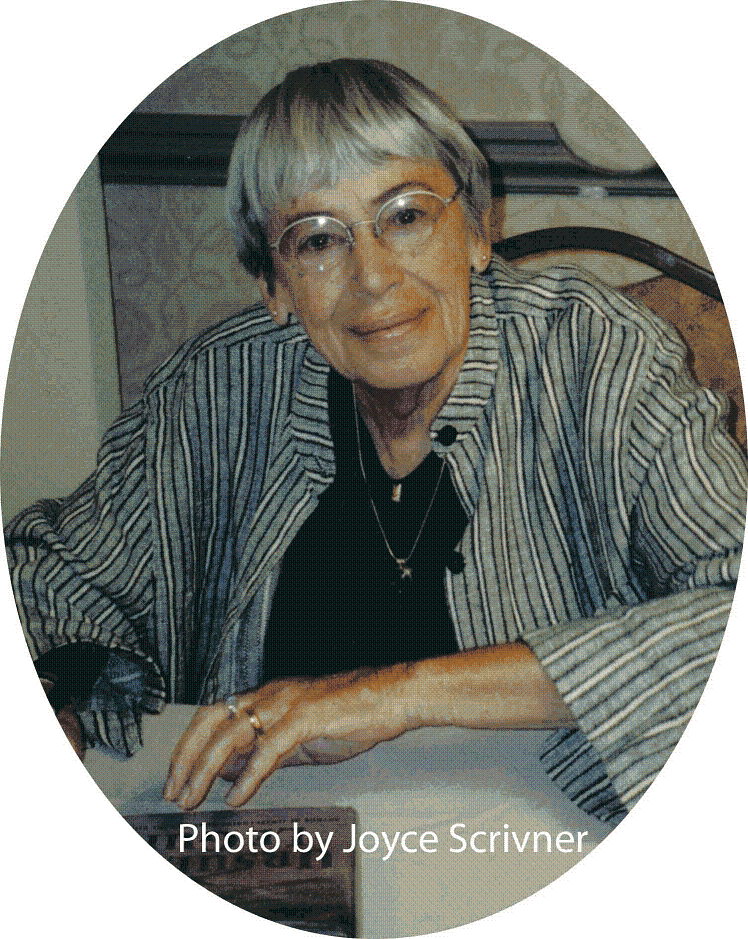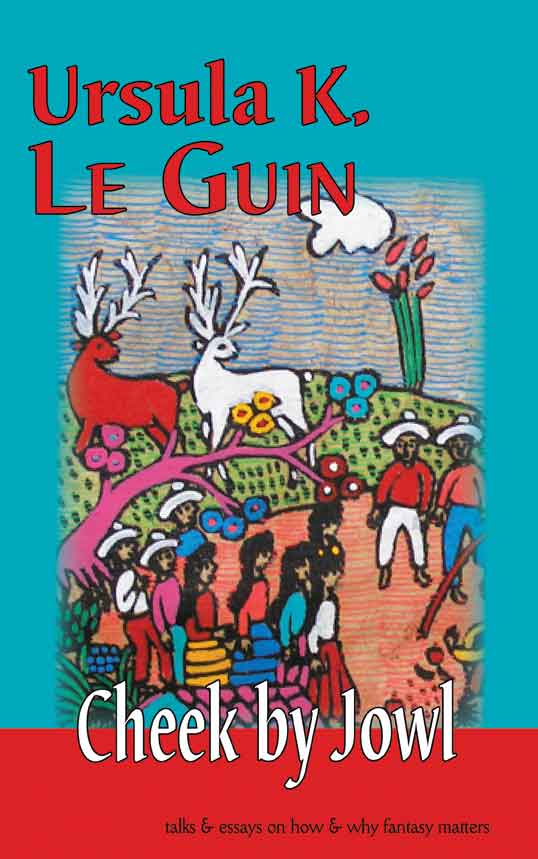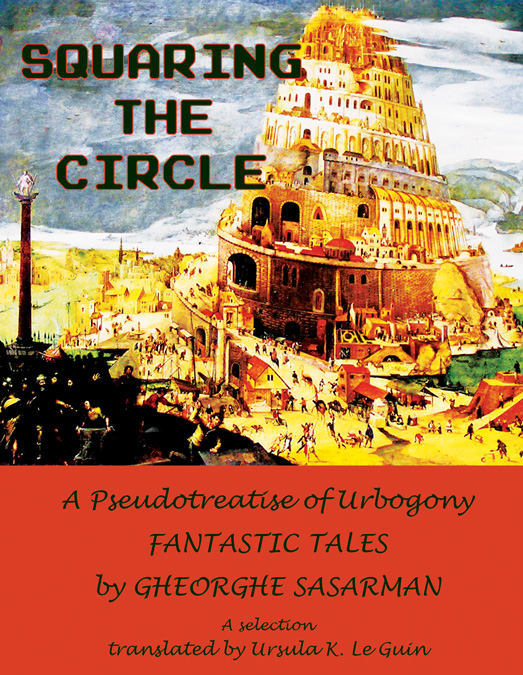
Ursula K. Le GuinStarting in 1929, Ursula Kroeber grew up in Berkeley (school year) and the Napa Valley (summer). She unexpectedly went East to college at Radcliffe, unexpectedly got a Fullbright while in grad school at Columbia, and unexpectedly fell in love with another Fullbrighter, Charles Le Guin, and married him in Paris. Their three children were not entirely unexpected, though, like all children, immensely surprising, having turned into a cellist, an English professor, and a market researcher, and furnished four grandchildren, all of whom are surprising. The only thing she ever fully expected to do was write, which she has done. After ten years of sending out poetry and fiction and getting a few poems published, Ursula K. Le Guin finally got a story published in a literary magazine and a story in a science-fiction magazine, almost simultaneously. The fact that the sf magazine was able to pay (thirty dollars!) influenced her to submit more stories to more sf publishers. Having established a reputation with the novels The Left Hand of Darkness and A Wizard of Earthsea, and won some prizes, she was able to branch out again and publish work both within the sf, fantasy, and kiddilit genres and outside them, and has continued to do so. This freedom suits her inclination to do the unexpected in a kind of quiet, sneaky way. Although Left Hand was one of the first novels to put gender directly in question, the first three Earthsea books were fairly conventional about male and female roles, though reversing the skin-color convention usual in fantasy; the last three, written some two decades later, deconstruct gender and power issues also. The Dispossessed and Always Coming Home are utopian novels, the second more adventurous in technique and idea. Orsinian Tales and Searoad collect her stories, many of which were published in The New Yorker, about an invented Central European country and the Oregon coast. In the last few years she has published three fantasy novels, Gifts, Voices, and Powers, and a novel, Lavinia, developed from a character in Vergil's Aeneid. She has published seven volumes of poetry. A full bibliography, list of awards, and so on can be found at her website, ursulakleguin.com. She continues to write (mostly poetry at the moment) and to find life unexpected. (Photo by Joyce Scrivner.)  
|

